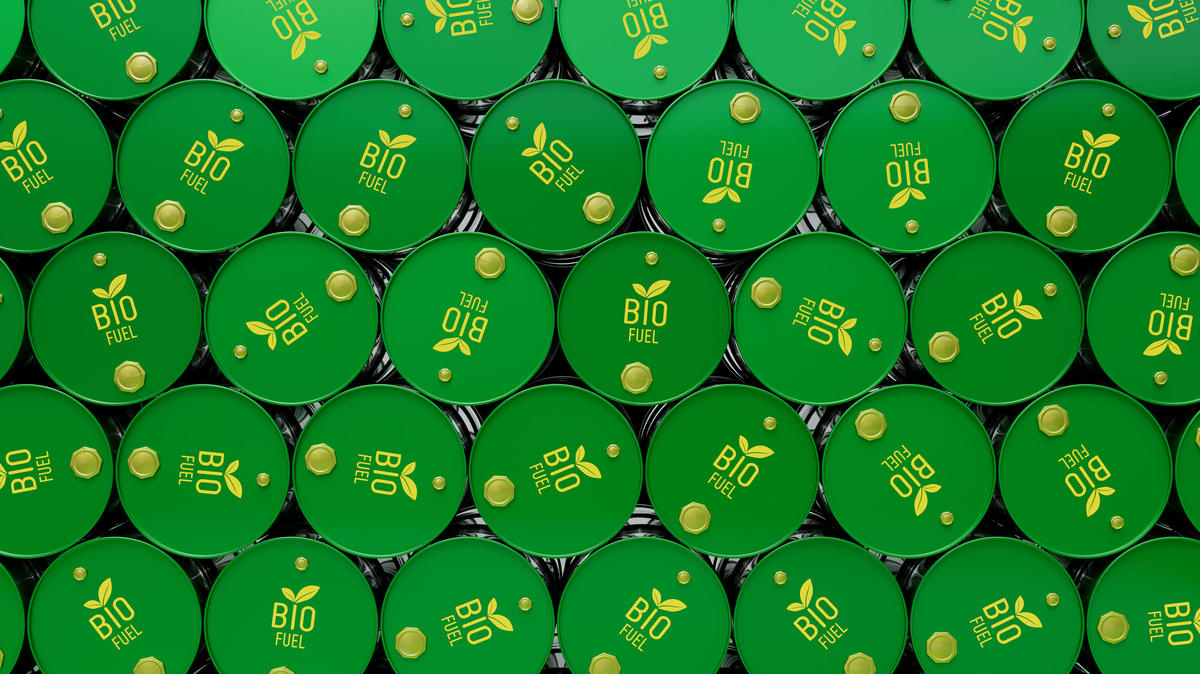Tracers can combat marine biofuel fraud – GCMD
Singapore-based Global Centre for Maritime Decarbonisation (GCMD) has conducted six real-world supply chain trials of tracers in marine biofuels.
 IMAGE: Getty Images
IMAGE: Getty Images
In these trials, GCMD tracked the biofuel by adding tracers, demonstrating their ability to detect fraud while preserving operational efficiency and fuel quality. The tracers enabled monitoring of the biofuel, helping detect adulteration or tampering through changes in tracer concentration or their complete absence.
The trials were conducted in Singapore, Rotterdam and other bunkering hubs, in biofuel supply chains from its production and blending stage, to bunkering and final consumption.
Three tracer candidates were tested for the trails – a synthetic DNA, a metalloid element and a non-fluorescent organic compound. They were deployed upstream and tracked through to storage and use onboard vessels.
“The tracers were homogeneously distributed across neat biofuels constituents and final blends, confirming their chemical compatibility,” GCMD said.
Among the tracer candidates, the non-fluorescent organic tracer emerged as the most practical solution, “balancing cost, detectability, and scalability,” GCMD added. It was consistently detected with less than 5% variation between expected and actual values.
The synthetic DNA tracer was detected at most sampling points, but sometimes inconsistence during downstream detection on vessels receiving the biofuel blend.
Meanwhile, the metalloid tracer proved more resilient under harsh operating conditions but displayed discrepancies of 30-40% when measured concentrations were compared with expected values at trace levels.
The organic tracer could be measured using standard Gas Chromatography-Mass Spectrometry (GC-MS) techniques, GCMD said. “Of the three, the organic tracer holds significant potential as both a reliable identifier and quantifier in marine fuel supply chains,” it added.
A total of 10,400 mt of biofuel blends were bunkered during these trials, achieving a 24% reduction in greenhouse gas (GHG) emissions compared to conventional marine fuels, GCMD argued.
“Our pilot has demonstrated the viability of physical tracers in safeguarding the integrity of marine biofuel supply chains,” remarked GCMD’s chief executive office Lynn Loo.
By Aparupa Mazumder
Please get in touch with comments or additional info to news@engine.online






